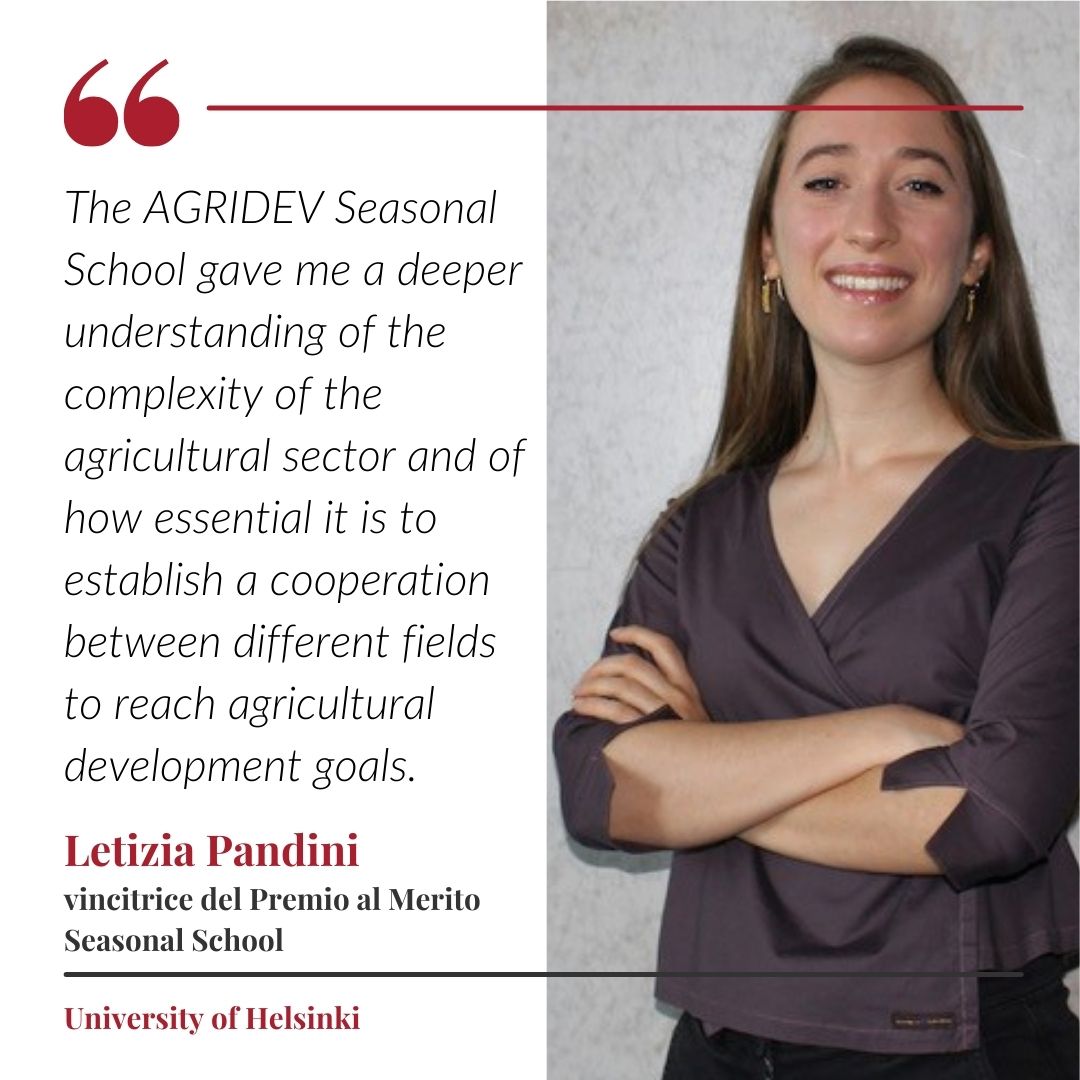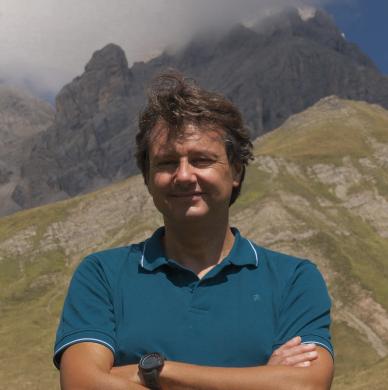AgriDev - Climate resilient, biodiversity-based agriculture for sustainable development 23-24
III EDITION | ON SITE | APPLICATION
Deadline for Registration - EXTENDED
January 17th, 2024
Period
February 12th-16th, 2024
Learning objectives
Cropping systems in the XXI Century face complex challenges that cannot be addressed with unidimensional solutions. AgriDev program spans through climate science, agrobiodiversity, and agricultural economics, with a focus on participatory approaches, with the aim of developing new angles to engage momentous challenges in food security, sustainability, and climate change adaptation. Students will develop a portfolio of knowledge at the base of cutting edge scientific approaches in research for sustainable development, with a focus on smallholder agriculture. The seasonal school is structured in interconnected modules. The first module will explore climate science, discussing key concepts in climate change, and climate-agriculture nexus. The second module will deal with agrobiodiversity, its relevance for sustainability and provision of ecosystem services. The third module will discuss breeding approaches and means to enhance varietal development and recommendation. The fourth module will discuss themes of economic development and agriculture and explore the nexus between climate change and inequality. Finally, the students will be engaged in a role game in which they will be tasked to design a project proposal to be submitted to a European Union financing scheme. Eventually, AgriDev will build a holistic interpretation of sustainable intensification of farming systems combining climate, agronomy, and economics to increase the impact of agricultural research for development.
Teaching methodologies
The seasonal school is structured in a blended training modality joining lecture and panel discussions over five days in Pisa, combining daily sessions with evening gatherings. Trainees will be involved in roundtable discussions and will be given opportunities to present themselves, their background, and their research ambitions. We aim to maximize interaction with training staff to foster discussion outside the classroom, through city tohttps://www.santannapisa.it/sites/default/files/inline-images/Alice%20Branchi.jpgurs and aperitivi (a staple of italian lifestyle).
Who should attend the Seasonal School?
The seasonal school is designed for undergraduate students, but graduate students may also apply. We expect a minimal background in life sciences, but we welcome any student with a strong interest in modern agronomic approaches aimed at sustainability.
About us
Here are some statements released by the previous editions’ winners of the merit award offered by Fondazione Il Talento all’Opera and Fondazione EY.








